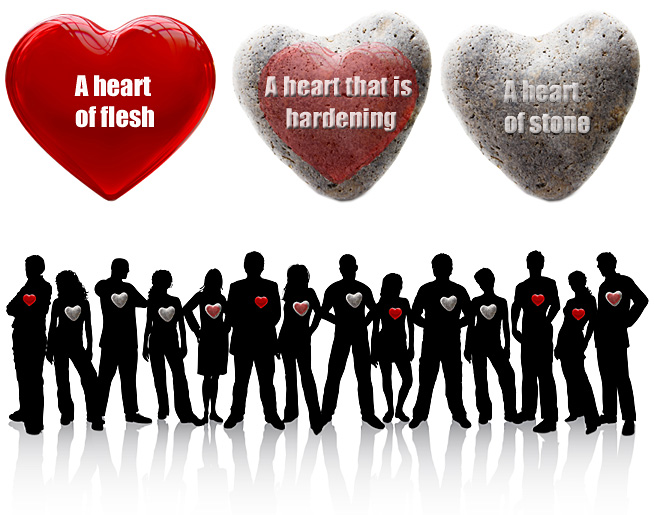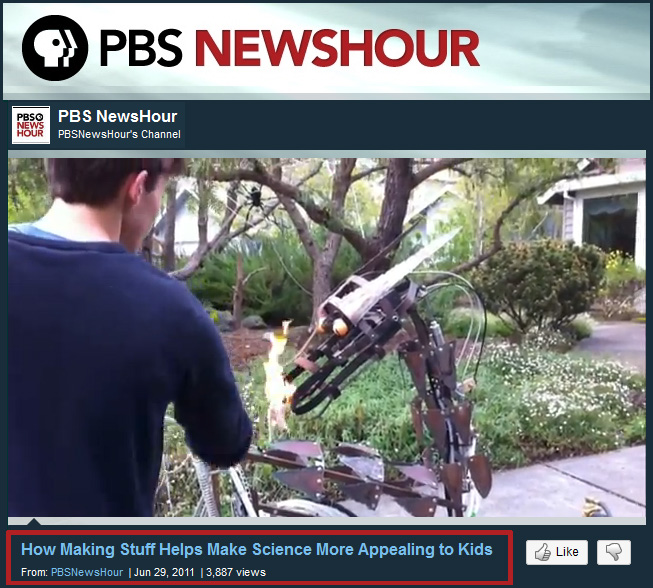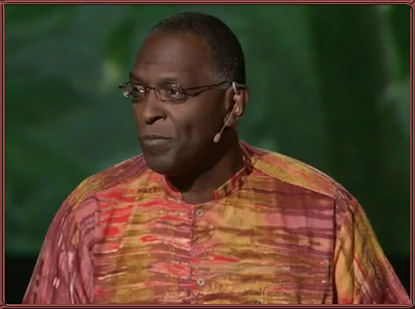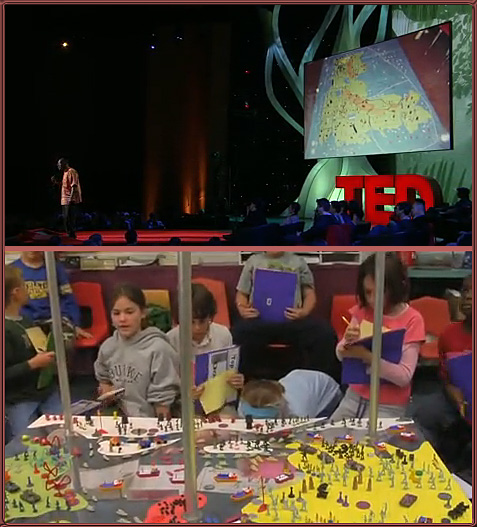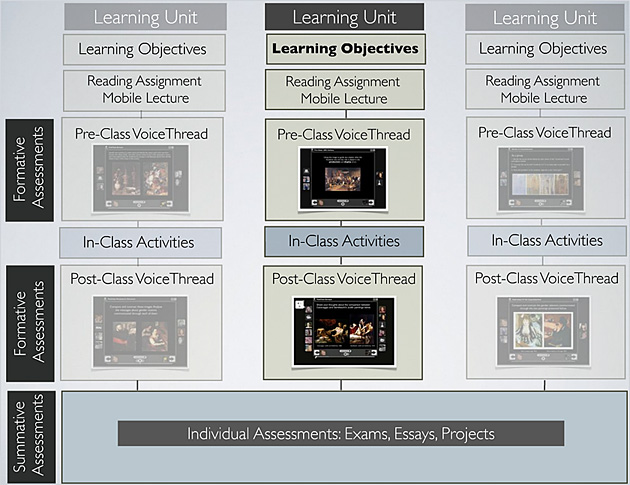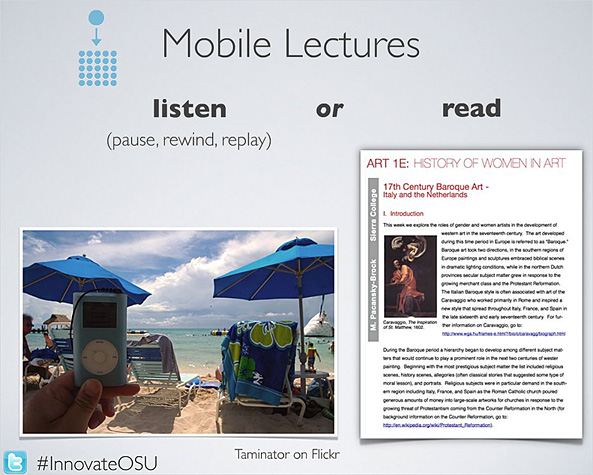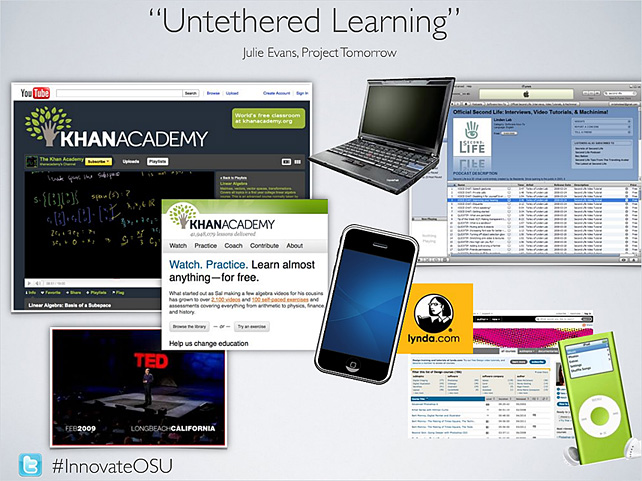The first principle of blended learning — from innosightinstitute.org by Heather Clayton Staker
Excerpt:
As I talk to people who want to blend online learning into students’ curriculum, the most frequent question I get is what online content is best? I respect that question, and others that sound really good too, like what does a student-centric classroom look like? Or what should be the teacher’s role?
But I am convinced that the infinitely most important question to ask first is what will motivate students to love this? My observation is that once a student’s heart is in it, the learning happens naturally, elegantly, and quickly. Imagine a classroom filled with students who want to be there, are focused, engaged, even clamoring to learn. But getting students into that righteous flow*, where they learn something because they genuinely love learning it—that’s where 90 percent of the battle is won or lost.
From DSC:
I think Heather & Co. are onto something here. One of the most important bottom lines and gifts that we can give our young people is a love for learning.
I ask myself, if and when students graduate from high school, what are their views on learning? Do they love it? Are they looking forward to continuing a journey of lifelong learning? Are they prepared for being employed on a constant basis in a world of constant change?
How much more could lifelong learning be served if students developed a love of learning. Then, like Heather mentioned, “…once a student’s heart is in it, the learning happens naturally, elegantly, and quickly.”
Borrowing from a sports-related analogy…it’s like in tennis; don’t worry about the score. Play the point, mentally be in the point/moment and enjoy what you’re doing. Then the score will take care of itself. But if you are so focused on the score, you probably won’t enjoy what you’re doing and the score, most likely, will not take care of itself.









